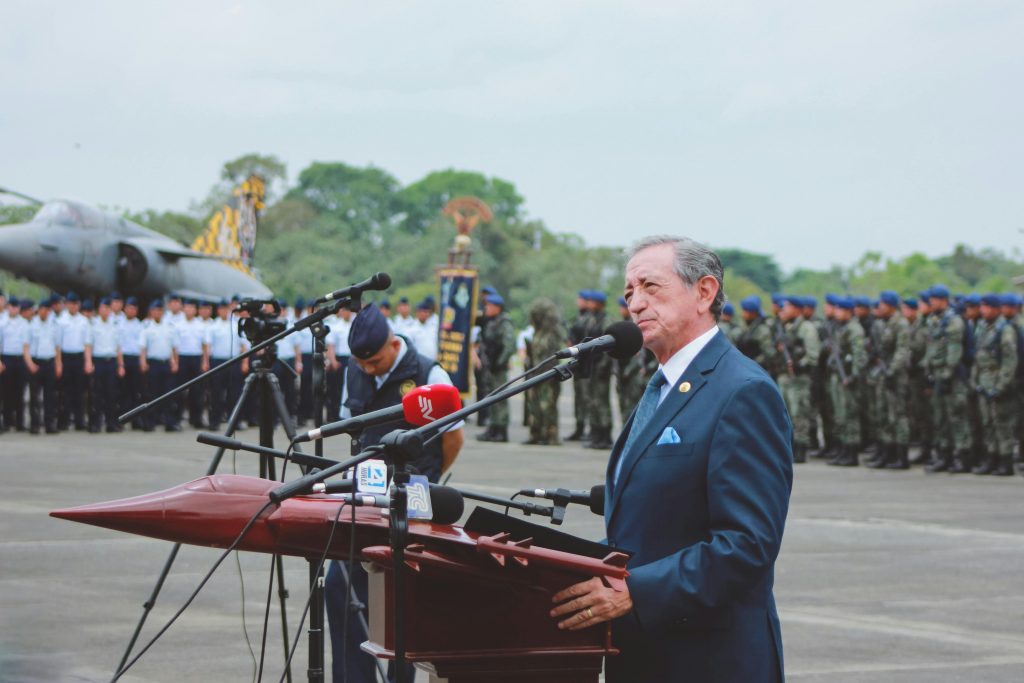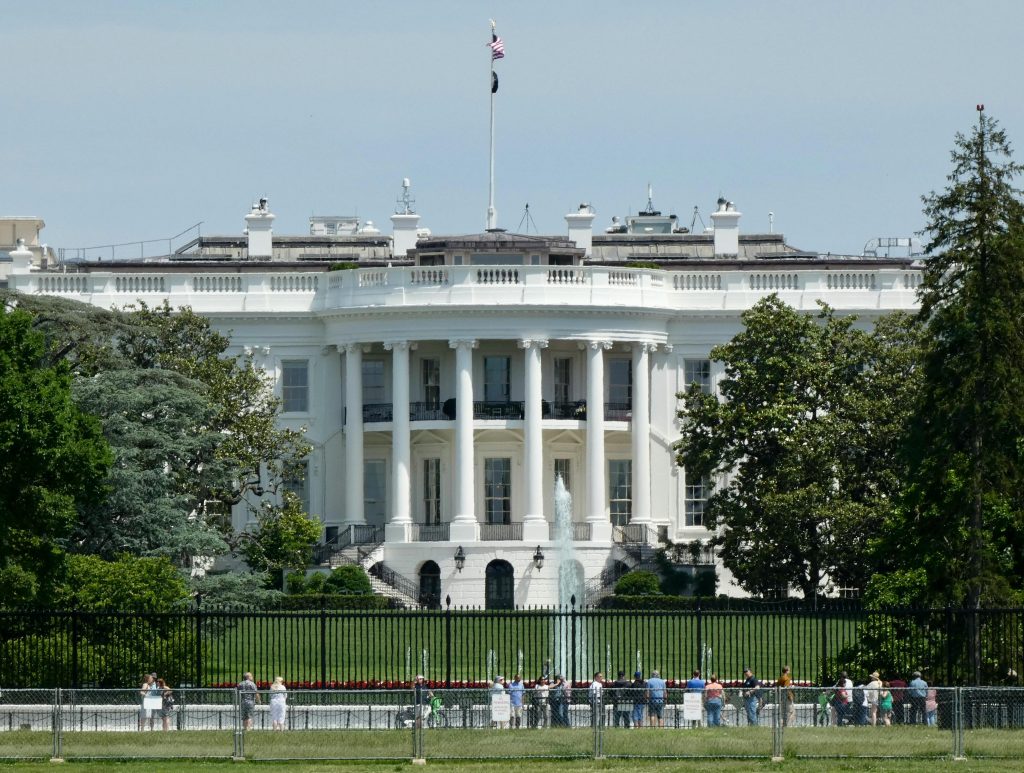The current political discourse on the internet is usually divisive, filled with insults and vehement disagreements. However, recent American political discourse on social media channels has found an issue to collectively and amicably discuss. A redditor posted a question asking “Would limiting the age of the President to 65 be something you’d support? Why or why not?” garnering thousands of responses. The discussion and comments remained civil, which is uncommon on the internet in political circles.
The 2024 election featured the 2 oldest major-party candidates in U.S. history. Donald Trump, the current president, recently turned 79, while Joe Biden was 81 during his presidency. The public have expressed doubts of both their cognitive abilities due to their ages. This reality has sparked public discourse on whether a president’s age affects their performance.
The Age Question Takes Center Stage

The Constitution requires presidents to be at least 35 years old. However, it sets no maximum age requirement. This gap has become increasingly problematic as voters question whether advanced age affects presidential performance. Recent polling shows 77% of Americans support maximum age limits for elected officials. The most popular cutoff age is 70 years old.
Why Presidential Age Limits Matter More Than Ever

Both Trump and Biden have had their cognitive abilities questioned by the public during their terms. Presidents Reagan, Biden, and Trump all showed signs of age-related cognitive impairment while in office. Yet the 25th Amendment, which allows for presidential removal due to incapacity, has never been activated.
Approximately 24% of Americans in their 80s experience dementia. Around 18% are diagnosed with Alzheimer’s disease, which “gradually destroys memory and thinking skills”. This data raises concerning questions as to the competency of elderly presidents in office.
The Strong Case for Age Limits
Supporters of the presidential age limit argue that leaders should live long enough to experience the consequences of their decisions. This perspective places focus on accountability and long-term thinking in government policy. Fresh ideas and perspectives are important for addressing modern societal issues that older politicians may not fully understand.
Other occupations in America already adhere to mandatory retirement policies. Most companies set their retirement age at 72 or 75 years old. Two-thirds of S&P 500 corporations have mandatory age limits for board members. Military officers face mandatory retirement ages, raising questions about why the presidential candidates face no such restrictions.
Cognitive Decline
An issue that has sparked debate in public spheres is older presidents’ cognitive abilities. Research indicates that mental slowdown typically begins in the late 70s or early 80s. However, some decline can occur earlier, making age limits on presidential candidates a reasonable precaution. The presidency demands sharp decision-making skills, especially during crises that require immediate responses.
Presidents control nuclear weapons and make decisions affecting millions of lives. Unlike other professions, presidential mistakes can have catastrophic global consequences. A constitutional amendment setting a maximum age of 75 for taking office would prevent anyone 80 or older from leading the country.
The Case Against Restricting Presidential Age
Opponents of age limits raise equally valid concerns about fairness and representation. They argue that cognitive decline varies significantly among older individuals. Some people in their 90s remain sharper than others in their 50s. Age alone does not determine mental fitness or leadership ability. Setting arbitrary age limits could eliminate highly capable candidates based solely on their birth date.
The Value of Age
Political experience often comes with age, creating valuable institutional knowledge. Long-serving politicians develop crucial relationships and understanding of how government actually works. This expertise proves especially important in foreign policy, where personal long-standing relationships between world leaders matter. Biden’s decades of foreign policy experience helped coordinate international responses to Russia’s invasion of Ukraine.
Diplomatic success often requires the credibility of a country’s leader that comes with experience in the political sphere. Younger presidents might struggle to command respect from long-standing world leaders. The complexity of international relations demands deep historical knowledge and established networks. These assets typically develop over decades of public service, making age an advantage rather than a liability.
Public Opinion Reveals Deep Divisions
Polling data shows Americans remain divided on presidential age limitations despite general support for the concept. A 2022 YouGov poll found significant support for maximum age limits among government officials. However, determining the specific age cutoff proves challenging. Suggestions range from 65 to 75 years old, with 70 being the most popular choice.
Political figures from both parties have weighed in on this debate. Former President Jimmy Carter supports age limits, saying “I hope there is an age limit”. Senator Mitt Romney has called for “a new generation of leaders”. However, others argue that voters should decide age appropriateness at the ballot box rather than through constitutional restrictions.
Conclusion
The debate over presidential age limits will likely intensify as America’s political leadership continues aging. The average age of federal politicians remains close to retirement age, making this issue increasingly relevant. Future elections may feature even older candidates, further highlighting the need for this discussion.
Several alternatives to hard age limits deserve consideration. Mandatory cognitive testing for older candidates could address decline concerns without arbitrary age restrictions. Enhanced transparency about candidate health records might help voters make informed decisions. Term limits for all government branches could bring fresh perspectives without targeting age specifically. Whatever approach Americans choose, this debate will shape the future of presidential politics.